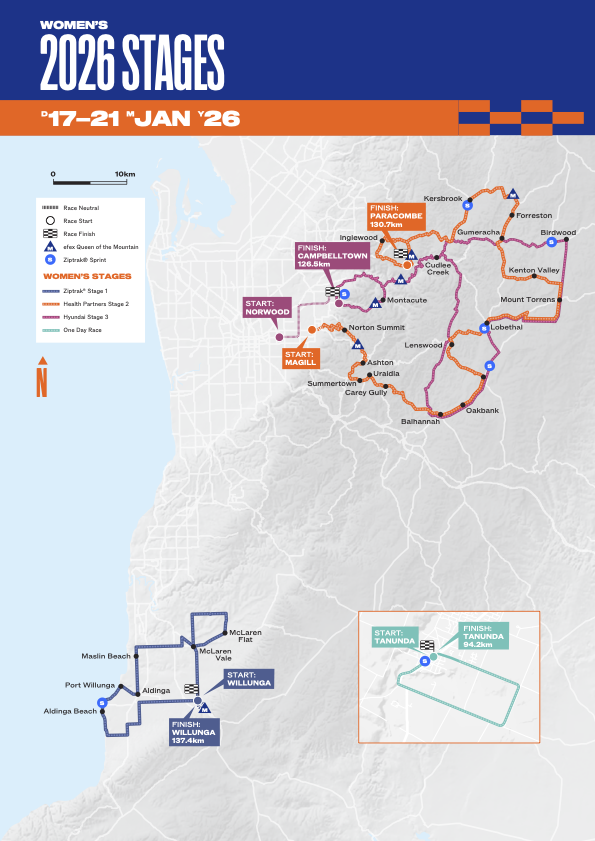A conversation with Patrik Sinkewitz
Sinkewitz is the least well-known, least decorated and, some will argue, the least welcome of the...
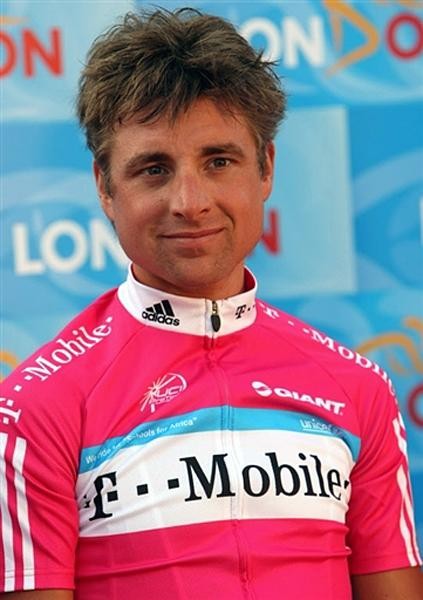
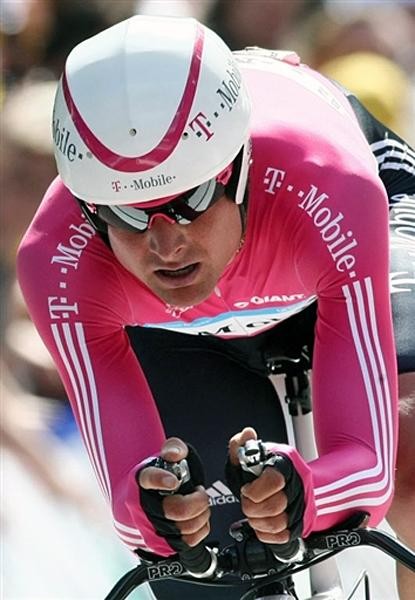
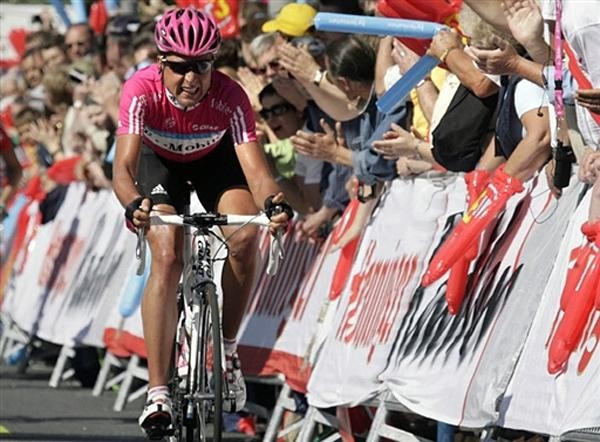
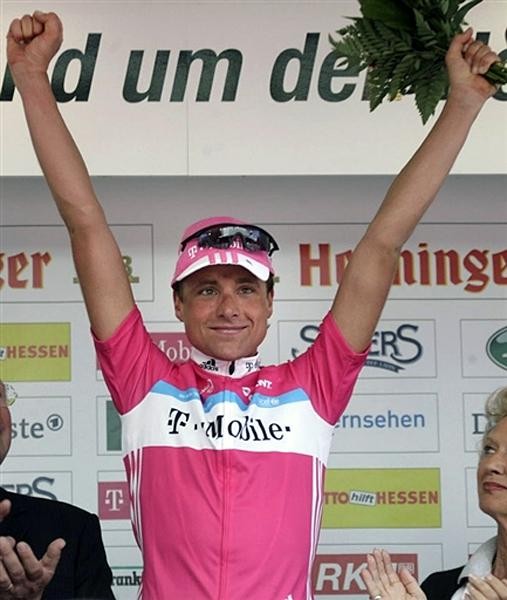
An interview with Patrik Sinkewitz, November 18, 2008
Lance Armstrong, Floyd Landis, Ivan Basso….Patrik Sinkewitz. They've all got one thing in common and, no, it hasn't got anything to do with doping. Actually, make that two things in common, because not only are all of the above quartet at various stages of their respective comebacks, it's also fair to say that not everyone in cycling is rejoicing at the prospect of their return. Procycling's features editor Daniel Friebe has a chat with Sinkewitz.
Sinkewitz is the least well-known, least decorated and, some will argue, the least welcome of the four. The German's positive test for testosterone, announced during the 2007 Tour, perpetuated a domino effect which is still tearing through German cycling today. Sinkewitz's already embattled team sponsor T-Mobile pulled out within weeks of his confession. Gerolsteiner have gone this year. Milram remain, but races, TV coverage and public tolerance have all dwindled alarmingly.
Unsurprisingly, Sinkewitz would have to go abroad to find salvation. The 28-year-old's doping ban expired in July, but it wasn't until Monday, November 17, that his quest finally ended, with the announcement that he'll ride the Czech Professional Continental division team PSK Whirlpool-Author in 2009.
With the news and publicity pics hot off the printer, I spoke to Sinkewitz this afternoon about the challenges that await him.
Procycling: Patrik, how did the contact with PSK Whirlpool come about?
Patrik Sinkewitz: It was through Jörg Ludewig, my old teammate. He now works for Lightweight wheels, and he'd spoken to one of the German riders at PSK Whirlpool, André Schulze, who was very enthusiastic about the team. This was in July, and it was just a very tentative contact. Things have only accelerated in the last two weeks. I was in contact with some other teams, and could have waited for a while longer, but I thought that it was time to just grasp the opportunity.
The latest race content, interviews, features, reviews and expert buying guides, direct to your inbox!
I'm really happy, and I think it's a good chance. It's only a one-year contract but the team could grow; Whirlpool's a big, big company, with interests in America, too. I think the prospects are good.
Procycling: What do you know about your race programme?
PS: We'll have a meeting in three days to discuss that. At the moment , the plan is for me to debut in the Majorca Challenge in February. That'll be good for me, because it's quiet, well out of the spotlight. Beyond that, I think we'll do some races in Belgium and Germany – what races are left! I'm hoping we'll get a ride in a race like the Rund um den Henninger Turm, which I won in 2007.
Procycling: How much have you ridden in the last two years?
PS: For about two months after I left the 2007 Tour [due to a crash, just days before the announcement of his positive test – Ed.], I hardly did anything. After that, though, I decided that if I wanted to ride with the pros again, I'd need to train like them, so I rode quite a lot. It was also good for my head. I'm in good condition now. That said, the only event I've done in the last few months was a mountain time-trial in the southeast of Germany: out of about 700 or 800 participants, I was second.
Procycling: If you hadn't spoken so openly – and so much – about how you doped, do you think that you'd now be in a bigger team?
PS: It's difficult to say. These are such hard times for cycling in Germany that I'm not even sure of that. So many of my former colleagues are without jobs. Perhaps I would be in a bigger team now…but only if I had never doped at all.
Procycling: Do you have any regrets about the way you dealt with your case?
PS: I tried to just explain how things worked. I thought that doing that was the best option for me and the best option for cycling. I don't know whether it was a mistake…I just know that you can't change what's happened in the past, and you can only avoid making the same mistakes in the future if you understand exactly what those mistakes were. That was my thought process.
Procycling: A lot of your former T-Mobile teammates were quite angry with you, not only because you doped, but also because of the way you spoke about the team's problems in the media. What would be your message to those former teammates now?
PS: I don't think that my doping was the reason that T-Mobile pulled out. It was a system which had been in place for nearly 15 years. I think people always look for a scapegoat, and I was the most convenient target. People who say it's all my fault aren't very clever.
Procycling: Which pros have you stayed in contact with over the past two years?
PS: Jörg Ludewig and Linus Gerdemann are the main ones. But I haven't spoken to many people, which is normal when you're not seeing them at races. Linus has spoken very publicly about doping, but I think you can make the distinction between a person and a rider, which he clearly does.
Procycling: Do you think you're a different person now to the one you were?
PS: It's hard to say. I've certainly learned a lot. I'm much more reasonable now, have a much better sense of perspective. For nearly 20 years, all I lived for was riding my bike, and I didn't really know what real life looked like. I've learnt over the past year about the humdrum problems that people encounter in everyday life. As a cyclist, you often don't have a clue about that.
Procycling: Financially, how badly have you been affected? We know that you had to pay a 40,000 Euro fine, and lost a lot of endorsement money….
PS: I think everyone can imagine how much I was affected. I paid quite a heavy price for my mistake – in a literal, financial sense as well. But I can't change that. I have to draw a line under it. I also have a sense of perspective now: I'd earned pretty good money as a cyclist, and I was hardly living on the street. I realize that money's less important than having goals, relationships and feeling good about who you are and what you do. It's not all money, money, money.
Procycling: German cycling is deep in crisis. Sponsors are leaving, races are disappearing, the media seems obsessed with doping. Why is the situation so much worse in Germany than elsewhere?
PS: I can't quite understand it. I think in Germany, in general, we have a problem with facing reality when that reality isn't a perfect world. In Germany, something can become very popular very quickly and then sink without trace very quickly. That's what seems to be happening with cycling. Interest exploded with Jan Ullrich and now it seems to be collapsing. The problem was and is that, in the intervening years, no structure or cycling culture had time to grow. I hope it comes to prominence again and think that it will, but I've no idea how long it might take.

